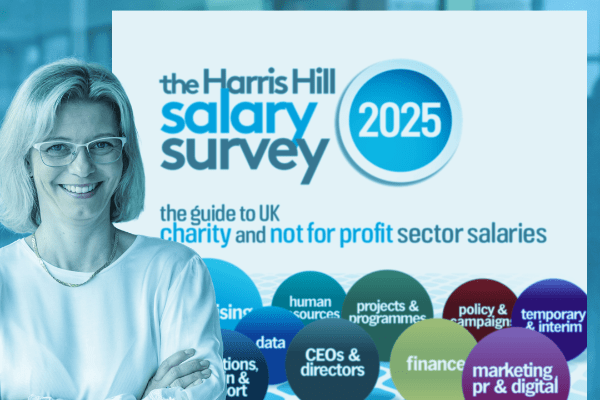How to deal with being turned down for a job
For as long as there have been jobs, people have been getting turned down for them. It's been happening for centuries but your confidence can still take a hit when it happens to you - so it's important to stay positive and learn what you can.
Here are six key tips for moving on after missing out, and using the experience to better yourself, your interview skills and your chances of success next time round.
----------
1. Go to every interview you can
When searching for your next move, it's important to consider potential roles carefully to see which of them you really want - but there's value in pursuing the other opportunities too.
Even if you've got an interview for that dream job, there's no harm in having a backup plan in case it doesn't work out.
Remember too that there's only so much a job description or advert can tell you. The only way you'll really know if an organisation is right for you is by meeting them, so it's worth attending every interview you're offered. The role that seemed perfect on paper might turn out not to be, while your third or fourth choice might jump into first place once you've been there and heard more.
If nothing else, every interview is great practice for the next and will help to narrow down exactly where you do (and don't) want to work.
2. Ask for feedback
It's always disappointing to be turned down, but it's important to understand the reasons.
If the interviewer felt you weren't quite the right fit for the role, can they explain why? Or were you 99% ideal but someone else was just that tiny bit more so?
Some employers are more forthcoming than others with feedback, but you have the right to request it (and a good recruitment agency will chase it on your behalf) to see what you can learn.
Ask them to be as specific as possible so you can take their points on board and work on those areas. For example if you needed to give more detailed answers, provide stronger examples, demonstrate broader knowledge of the field, or be clearer about why you wanted the role, these are all things you can work on for the next time.
3. Remember it's nothing personal
Often the reason you weren't offered the job may have little to do with you personally.
It could be as simple as an insufficient budget to match the salary you're looking for, concern that the role won't live up to your expectations, or another candidate may just have had that bit more experience in certain aspects of the role.
If that's the case, are there opportunities where your experience and salary expectations would be a closer match with the job on offer? These are the ones to target if so.
If not, you're on the right track so all you can do is stay positive and keep trying! You might not have landed this particular role, but just getting the interview shows you were in serious consideration, so there's every chance you'll succeed before long.
4. Focus on your strong points
Every bit of feedback will help to identify what others see as your strengths and weaknesses, and the better you know these, the more you can accentuate the positives.
You might find that others' perceptions differ from your own, so it's worth thinking about why that might be. If there's a strength or talent that others aren't seeing, how can you make sure that comes across in your next interview?
Most interviewers will ask about weaknesses too, and again self-knowledge is key. Everybody has their flaws (and how much would you trust someone who claims not to?), so being able to identify one or two and explain how you're tackling them shows you have a good degree of self-awareness: and that's another tick for the 'strengths' column. Result!
5. Stay positive
Difficult as it may be at first, it's important to stay positive after being turned down for a role, as you'll need to be upbeat and confident for your next interviews.
Once you get to those meetings, don't bring up past rejections and avoid being disparaging about past interviewers or employers. A positive attitude will be more attractive to potential employers than someone who's perfectly qualified on paper but has a negative outlook and little enthusiasm for the work.
6. Move on
Most importantly, don't let the rejection get you down. None of the other applicants (bar one) got the job either, so you're far from alone and it's not a value judgment on you as a person.
Approach all interviews with a fresh attitude, and while you may not relish the thought of more interviews, don't let it stop you from applying - they're just as much an opportunity for you to check out the organisation as for them to learn about you. So the more you do, the more you'll know where you really want to be.
Remember, if you weren't 'quite right for the role', there's a very good chance the role wasn't quite right for you either. But the right one IS out there somewhere, and everything you can learn from every interview will help you track it down sooner!
-

Opportunity for all
Find out how we’re working to deliver more diverse, equitable and inclusive recruitment…
-

Recruiting a charity CEO?
Our executive recruitment specialists have an exceptional record of successful CEO, chair, trustee and…
-

Charity sector salaries
Our 2025 Salary Survey has the latest rates and expert insight for roles throughout the sector.













